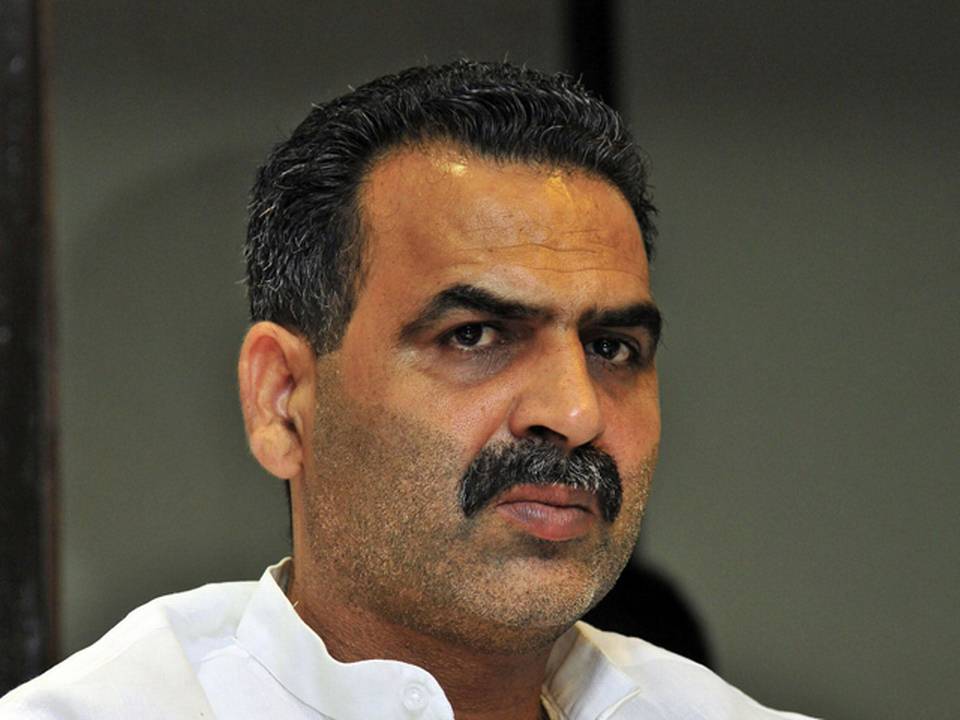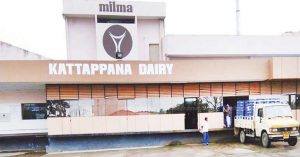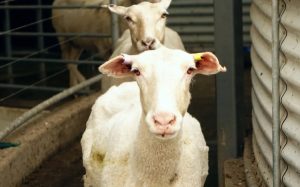Agriculture and dairy must be kept out of the Regional Comprehensive Economic Partnership, currently being negotiated by the Indian government with 15 other countries, Indian farmers’ unions said in a memorandum submitted to the Minister of State of Fisheries, Animal Husbandry and Dairying Sanjeev Kumar Balyan on Wednesday.
“Dr. Balyan assured us that milk imports would not be allowed and that all efforts would be made to put dairy on the negative list of the RCEP,” Kannaiyan Subramaniam, southern secretary of the Indian Coordination Committee of Farmers Movements (ICCFM) told The Hindu after the meeting. Representatives of ICCFM, which includes 12 major farmers’ movements including the Bharatiya Kisan Union, Shetkari Sangathan and Tamilaga Vivasayigal Sangam, also plan to submit the memorandum to Commerce Minister Piyush Goyal on Thursday. The Hindu was unable to independently confirm the details of this meeting or the assurance from the Minister.
The memorandum warns that 15 crore Indian livestock farmers who depend on dairy for their livelihood would be left devastated if the dairy market is opened up. RCEP member-countries New Zealand and Australia are aggressively seeking “to access India’s massive dairy market to dump their products,” said the farmers’ unions.
New Zealand produces 22 million tonnes of milk products and exports 19 million tonnes. However, there are only 12,000 dairy farmers in the country; in fact, there are more dairy cows than people in New Zealand. India, on the other hand, has 15 crore dairy farmers who produce 156 million tonnes, most of it consumed domestically. R.S. Sodhi, managing director of major milk cooperative Amul, also made a presentation to Mr. Goyal last week, urging the Centre to leave the dairy sector out of RCEP, a senior Amul official told The Hindu.
“The situation is completely different in India, and the Indian milk producer must be protected. These are people with just one or two cows; many are landless farmers dependent on dairy for their entire livelihood,” pointed out Yudhvir Singh, national secretary of the BKU and the ICCFM, speaking to journalists on Wednesday. He claimed that India would lose revenues of up to ₹60,000 crore if the RCEP was implemented in its current form.
He accused the Centre of giving into pressure from the services sector and major corporates in continuing to pursue the RCEP. “Farmers are not a priority for this government. Agriculture is being made a scapegoat… The Adanis and Ambanis are pressuring the government for their own interests, but it is not in the interest of the small and marginal farmer,” he added.
The memorandum pointed out that India’s trade deficit with ASEAN surged from $4.98 billion in 2010-11 to $9.56 billion in 2016-17, after the signing of the free trade agreement. “India should have learnt a lesson from the disastrous experience of the ASEAN FTA and the WTO agreements. Instead, the government is sacrificing the interests of its farmers again,” said K. Sellamutthu, president of the Tamila Vyavasaigal Sangam.
He added that the RCEP would dilute India’s protections of farmers’ seed rights and make them vulnerable to corporate plant breeders. “Look at the recent case of Pepsico against small potato farmers in Gujarat. If RCEP is implemented, they would have had no defence,” he said.

















